After doing some analysis, we're starting to wonder if this product's packaging was more expensive than the raw materials inside! Keep reading to learn about the ingredients behind this hyped up fat burner.
When doing some research to keep our Best Fat Burner buyer's guide up to date, we kept running into one product over and over: the Instant Knockout fat burner.
We've been running PricePlow (our supplement price comparison engine) long enough to know when something's amiss, and this one was setting off a few of our alarms.
When just a few blog posts mention something as a great product, that's fine. But when dozens of sites that we've never heard of all rave about a new product being the absolute best -- doing everything in their power to get you to go to the same site to buy it for $59 (twice the industry standard price of a fat burner) -- red flags start to fire off.
All the worse when you try clicking the Back button on some of those sites, and they don't let your browser leave...
Something's fishy with these websites...
After bumping into a few too many of these sites, it was time to investigate. What is this Instant Knockout supplement, why is it so expensive, and is it worth it?
As always, the best way to do that is to analyze the ingredients. After that, we'll dig back into the marketing and pricing and try to explain what's really going on here.
TL;DR
This article is long. The short story is that:
-
We're going to analyze the Instant Knockout Ingredients, looking at research, doses, and the extracts used.
More often than not, the "cheaper" ingredient option was used, or we simply don't have enough information to justify a high-cost product.
-
Next, we see how much it would cost to make the same product with off the shelf ingredients bought online from retail stores.
Hint: at nearly half the price, we could make nearly twice as much product, yet with greater ingredient doses whose extracts are more fully disclosed.
-
We then discuss why it's so expensive.
Hint 2: people are getting paid nearly $18 per bottle to convince you to buy it!
Now for the details.
The Instant Knockout Ingredients
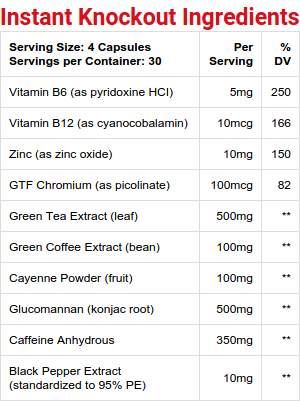
The Instant Knockout supplement facts / ingredient label is an "open" label, but be careful of the serving sizes and lack of extract standardization information.
Normally, when we see dozens of generic blogs hyping a product, it's next to impossible to find an actual ingredient label. That's not the case with Instant Knockout -- to their credit, it's available with just one click and a few pages of scrolling.
Further, this is an "open formula", which is refreshing to see as well -- we know how much of each ingredient we're getting here, so we can look at the research and see if the dosages are beneficial and clinically-verified.
However, you'll see that this still isn't enough information, because not all ingredients are the same, and we need to know extract strength.
You can see the label up to the right. We'll analyze the ingredients one-by-one, with sources cited in our References section at the bottom. The vitamins and minerals are discussed at the end, so that we can get right to the meat of this product:
-
Caffeine (350mg per day, 87.5mg per capsule)
It's always best to start with caffeine, since this is usually what we use to decide how to dose a product.
Instant Knockout contains standard-issue caffeine anhydrous here, but the dose is not standard. It's significantly higher -- 350mg per "serving".
By comparison, this is about the equivalent of four cups of coffee, and about 100 to 150mg higher than the dosing in most servings of fat burners.
It is suggested that reproductive-aged women should consume <= 300 mg caffeine per day (Health Canada)[1]
The rub is in the fact that you're not supposed to take one "serving" at a time - this is meant to be spread about throughout the day. If you have a decent caffeine tolerance, this is no big deal. If you don't, however, you definitely don't want to take this all at once, and might even opt for 2-3 capsules in an entire day.
Since the recommended dose is four capsules throughout the day, it is easy to simply take less and therefore get less caffeine -- about one less cup of coffee's worth per capsule. But then you're also cutting the doses of the other ingredients even further!
Serving size label confusion
So right off the bat, we're left with a bad taste in our mouth here - Instant Knockout's manufacturers are calling something a "serving" isn't really a serving you take at one time - it's an entire day's supply! This isn't illegal, but it's definitely not what we'd consider to be reasonable or proper labeling.
And therein lies the rub with the other ingredients in Instant Knockout: the other ingredients are not serving supplies - they are your entire daily doses. And many of the are not as high as we'd like... yet if you want "complete" doses of the other ingredients, you would possibly need to overwhelm your central nervous system with too much caffeine, which is never recommended.
But does it burn fat?
Caffeine increases energy expenditure by roughly an extra .15 calories per minute.[1] Not huge, but we'll take it!
In case you weren't aware, besides the quick energy it provides, caffeine does have some research behind it. Caffeine slightly increases the metabolism,[1] and activates a bit of fat burning through lipolysis.[2]
However, the mechanisms are relatively weak, and as another study states, caffeine is mostly increasing "free fatty acid turnover", but this is "insufficient to drive lipid oxidation".[3]
Essentially, things speed up in your system with caffeine -- but you still need other effective ingredients to go and "detach" and burn that fat. Time will tell if we have any of those.
Let the caffeine guide your dose
Our suggestion is to dose this product per your caffeine limits, and we suggest a maximum of ~400mg per day for men and 300mg per day for women.[4]
That would then be four capsules spread throughout the day, as recommended by Instant Knockout's website, making each bottle last for one month. But if you don't know your limits, then start with two or three capsules in a day before jumping into the deep end.
-
Glucomannan (500mg per day, 125mg per capsule)
Glucomannan is a fiber supplement drawn from konjac root, and its use goes back decades, along with studies indicating that it has the effects that you'd expect from a dietary fiber supplement -- reduced appetite and smoother BMs, primarily.[5] It's often known as konjac root fiber and has also been a frequent topic on the Dr. Oz show.
This one is here to pick up the appetite suppression where the lower-dosed chromium left off. And even better, this one actually has 500mg inside, which is closer to the clinically-dosed amount of 1g per day used in the study cited above.[5]
Conflicting research?
But on the other hand... another placebo-controlled study[6] noted that 1.33g of
glucomannan supplements administered over 8 weeks were well tolerated but did not promote weight loss or significantly alter body composition, hunger/fullness, or lipid and glucose parameters.[6]
So, this might be a hit-or-miss supplement, given those two contrasting studies.
At the end of the day, Instant Knockout's advertising seems to try to advertise it as a sort of miracle herb from Asia, but it's more like a decent fiber supplement.
Most of us need that, so no complaints, but let's not get too excited just yet until there's more conclusive research. At best, it should make you feel a bit fuller.
-
Green Tea Extract (500mg per day / 125mg per capsule; standardization unknown)
Green Tea Catechins have a myriad of health benefits aiding weight loss and cholesterol reduction. Unfortunately, we have absolutely no clue what's in Instant Knockout, so we can't provide much specific research.
Green tea extract is a great ingredient -- when it's standardized for the beneficial polyphenol EGCG amongst a few others. Studies have shown that it actually has both a thermogenic and lipolytic effect when combined with caffeine, in addition to being a potent antioxidant and having a range of other health benefits.[7]
One issue, however. In the studies where EGCG was effective, doses of at least 500mg were used, with at least 130mg of EGCG and most of the rest of the content standardized for the other beneficial polyphenols. A diverse array of polyphenols and catechins have shown the most success.[8,9,10]
We've got 500mg here, but the label does not make clear what it is standardized for. As far as we know it could just be ground-up leaves and stems, which aren't going to do as much for you.
But until the extract standardization is disclosed, you really can't cite many of the most successful studies of this potentially great ingredient. In comparison, most green-tea containing products on our Top 10 Fat Burners list do disclose more of what's inside.
-
Green Coffee Bean Extract (100mg per day / 25mg per capsule; standardization unknown)
Here it is again. If you're just tuning in to PricePlow with this post, here's the basic summary: green coffee bean extract has effectively been a billion dollar scam.
It owes all its popularity to being hyped on the Dr. Oz show on the basis of a study that has since been retracted due to falsified research data[11], and it shows no real evidence of legitimate lipolytic action in humans.
The study was retracted in October of 2014, and made its way around the news,[12] yet too many consumers still don't know the full story behind the green coffee bean scandal, unfortunately.
Conan basically sums up our thoughts on Dr. Oz right here...
So is it good for anything? Depends on the extract... (chlorogenic acid)
It does show some promise for treating blood pressure -- in higher doses.[13] Not only is this irrelevant to a fat burning product, the dose present here is far too small to have this effect.
So, not only do we have a "scammy" ingredient in here, we don't even know what it's extracted for! The blood pressure lowering qualities have been attributed to the chlorogenic acid constituent inside, but that isn't currently mentioned on Instant Knockout's label.
Make no mistake - this ingredient is put inside of fat burners by several brands because of "label recognition", and sadly, there are still far too many individuals who still think it's an effective ingredient for weight loss. They just don't know about the fake-data study that was retracted yet.
The good news is that it's not un-safe.. it's just not even close to what Dr. Oz and friends hyped it up to be.
You have now been informed!
-
Cayenne Powder (100mg per day / 25mg per capsule from "fruit" - standardization unknown)
The capsaicin in cayenne peppers is a legitimate thermogenic metabolism booster.[14] It works exactly how you would imagine: it increases heat in your body and ultimately boosts the metabolism through thermogenesis.
We typically love it for users (unless you're prone to getting heartburn), so it's good to see here.
A good ingredient, but best if it's extracted for high-potency capsaicin - information that isn't currently disclosed. Image courtesy Wikimedia.
But once again, the label does not provide enough information. Having "cayenne pepper extract" listed simply doesn't cut it -- we're interested in capsaicin content, which is the actual compound in red peppers that has been shown to provide the fat burning prowess.
Not all "cayenne powder" ingredients are the same. The extract potency is generally measured in Scoville Heat Units (SHUs), and it takes a fairly high amount to actually have a meaningful effect on the metabolism.
With Instant Knockout, the word "capsaicin" isn't even used on the label -- it's just "cayenne powder." Not necessarily useless, but most likely not even remotely as useful as quality extracts such as Capsimax.[15]
And then there's the dose. As you'll see, there are incredibly inexpensive off-the-shelf products with 5x this dose, likely providing for more benefits than what's included here.
So again, we can't tell exactly what we're getting, and we have concerns that we are getting the cheap stuff in an expensive product. Have you noticed a trend yet?
-
Black Pepper Extract (10mg per day / 2.5mg per capsule, standardized to 95% "PE"?)
We all know black pepper - the common spice that sits alongside salt in nearly every restaurant in the western world. Recently, the medical community has found that its main component, piperine has some other interesting qualities in terms of increasing ingredient absorption.[16]
We'll sound like a broken record here, but what is being extracted here?! Anyone can dust some of this pepper into a capsule - we want the good stuff! Image courtesy Wikimedia.
Piperine itself is used in many supplements to increase the bioavailability of most of the other ingredients. The best studies on it are with resveratrol[17] and curcumin[18] (the latter of which we often recommend for joint pain). Unfortunately for us, we don't have any research on how it may improve the absorption of any fat burning ingredients, but piperine is great to include anyway since it's cheap, you don't need large doses, and might make things last longer.
But, like a broken record, we have to ask... what are we really getting here? Is this piperine or just some black pepper?
The label lists it as "black pepper extract, standardized to 95% PE." Now, PE could be short for "piperine"... but if it is, why not just list it as piperine?
Or does PE stand for "pepper extract", which doesn't really tell us anything! In essence, that'd be akin to saying "the pepper extract is 95% pepper extract".
Once again, we really need more information here. Black pepper is fine, but we want piperine, preferably in a quality (yet more expensive) trademarked ingredient like BioPerine.
Now on to the minerals, and then the vitamins after that:
-
Zinc (10mg per day / 2.5mg per capsule, as zinc oxide)
Zinc is one of the micronutrients you need on a regular basis to not die, and it has also shown promise in reducing blood glucose in obese patients, regulating insulin and even giving a small boost to lipolysis.[19,20]
Here's the big caveat -- this has only been shown in patients that are deficient in it. It's fairly easy to get enough zinc from diet, so deficiency is not a huge issue unless you're an elite-level athlete or have a medical condition that causes it.
The other issue is that it's in the form of zinc oxide, which has only shown middling results in studies in terms of bioavailability.[21] Zinc orotate or chelated zinc are the ones you want if you need it in a supplement, but naturally they're also more pricey.
So it's an ingredient you may or may not need, and we'll take it. However, at the high price we're currently seeing Instant Knockout for, shouldn't we at least get the good stuff?
-
GTF Chromium (100mcg per day / 25mcg per capsule, as picolinate)
Regardless of what you think of this fat burner, you gotta agree that chromium has some of the coolest-looking 3D molecules. Image courtesy Wikimedia
When in the chromium picolinate form (as it is here), GTF chromium has some benefit in regulating insulin, which in turn can reduce cravings for unhealthy foods.[22,23] The issue is that these two studies (cited in the previous sentence) which showed appetite suppression used 600mcg and 1000mcg of chromium - 6x and 10x the dose in Instant Knockout. You can't possibly take that much with this product (due to the caffeine content), so in terms of appetite suppression, the chromium might just do a little bit of work, but likely nothing significant like in the research.
Regarding the type of chromium, it is often considered to be inferior to the more expensive chromium polynicotinate, but that's largely on the basis of it getting a Dr. Oz episode devoted to it, and also one study conducted in the 1990s in which sedentary women actually gained weight while on picolinate supplements.[24]
So this ingredient will be useful in keeping blood sugar down, and maybe a dash of appetite suppression/regulation -- but no fat burning qualities here.
-
Vitamin B6 (5mg per day / 1.25mg per capsule as pyridoxine HCl)
This is the first of two B-vitamins in Instant Knockout, and as you're likely aware, the entire Vitamin B complex plays an important role in cell metabolism.[25]
Vitamin B6, also known as pyridoxine, is used in several enzymatic reactions for your metabolism.[26] Vitamin B deficiency was historically a major problem, but most consumers get enough B6 in their daily food supply.[26]
So, chances are, you don't need it (especially since these B vitamins seem to nearly everywhere anymore), but it's since it's water soluble, you'll generally just excrete any extra.
Can it burn fat?
In terms of actual weight loss or fat burning, there is no direct research showing Vitamin B6's role in dieting.
The closest study used 2.25g of leucine (the most important branched chain amino acid for athletes and dieters) alongside the B6, and the users increased fat oxidation by 33g per day.[27] However, since leucine is not in Instant Knockout, we can't claim that the study's success will replicated here, nor can anyone use this as a product marketing claim.
Is this dosage safe?
It's difficult -- but not impossible -- to get too much B6. Doses greater than 200mg are considered to be unsafe[28], and major neurological sensory problems[29] begin at around 1000mg,[28] but women sometimes fare poorly at even smaller doses (an average of 117mg).[30]
Not to worry, 200mg is 40X the amount that Instant Knockout has, so you're safe here - but beware of all those other products that have tons of B6 in them - more is not always better!
Thanks in part to these guys, it seems like there's an overabundance of Vitamin B everywhere anymore... image courtesy Wikimedia Commons
-
Vitamin B12 (10mcg per day / 2.5mcg per capsule, as cyanocobalamin)
Like Vitamin B6, Vitamin B12 is important in order to prevent deficiency. The individuals most at risk for this are the elderly and vegans, though.
Cyanocobalamin vs. methylcobalamin: What's the best form?
Right off the bat, whenever we see B12 on an ingredient label, we check to see if it's cyanocobalamin (the cheap stuff) or Methylcobalamin (the better stuff). It's one of our quick litmus tests to see if a supplement brand actually puts effort, research, and quality into their products. You can see where Instant Knockout stands in this regard.
Cyanocobalamin, used here, is the inactive form of Vitamin B12, and your body needs to convert it to Methylcobalamin to "activate" it. In order to do this, your system must remove cyanide from the compound![31]
The "cyano" part of cyanocobalamin stands for cyanide, which your body must work to remove when ingesting this form of B12. It's not deadly at standard doses, but it does put your body through extra work.
On top of this, your body needs to provide a precious methyl group to convert it to the active methylcobalamin,[32] so taking cyanocobalamin instead of methylcobalamin simultaneously taxes your body in two different ways.
So if cyanocobalamin is suggested to be less effective than methylcobalamin for certain attributes,[33,34], then why is it used as a supplement so frequently?
- It is cheap
- It is easier to manufacture (ie, cheaper)
- It is more stable (and thus, less expensive)
- It is still "effective enough"
Can B12 help with weight loss?
From what we can see, there are no studies (human or otherwise) directly performed on any form of Vitamin B12 and weight loss / fat burning.
Similar to B6, it does assist with the metabolism, including fatty acid metabolism,[35] so it's of course best not to be deficient - as most of us aren't.
Final Verdict on B12
The point is, getting any B12 is great, especially if you're potentially deficient. But in a $59 product... you can bet your bottom dollar that we expect the good stuff.
And that's not what we're getting here.
As you can see, we have a lot of concerns regarding ingredient quality, extract strength, and the doses.
This is newfound territory for a product so heavily marketed online and with such a large price tag. While we're happy that it's an "open formula", it's not nearly open enough -- with practically every ingredient, we're either subjected to a lack of useful information, or we're getting the cheaper form of the ingredient.
This concerns us given the price tag, so let's take a look at each individual ingredient and see if we can put together something equivalent (or better) with off the shelf ingredients for a lower price:
Is this worth it? Analyzing the cost

Can we build our own for cheaper, using nothing but off-the-shelf products from PricePlow? Not only can we... we do it better
To build our own version of Instant Knockout, we need to get 30 servings here. What you'll see is that most of the time, we'll get 2x or more, often in better ingredient dosages too - but wait until you see the prices!
The prices quoted were those found using PricePlow on August 15, 2015, and are subject to change.
-
Vitamin B complex: We can get 100 B-50 capsules from NOW Foods for $4.95.
This provides far higher doses of the Vitamin B compounds in Instant Knockout. We'll only need one per day.
-
Zinc: We could go with the cheap stuff (100 zinc oxide lozenges for $3.50), but let's supe it up and get the good stuff -- 100 Capsules of NOW's Opti-L-Zinc for $4.28.
This is 3x the dose of what's in a full day's supply of Instant Knockout.
-
Chromium is about as cheap as it gets. Right now, 100 Capsules of NOW Chromium Picolinate for $3.04.
This is 2x the dose of a full day's supply in Instant Knockout.
Let's be serious here. This product only has three products that actually work to burn fat (green tea [shown above], caffeine, and cayenne), so we could get away even cheaper if wanted to.
With Green Tea Extract, we need 500mg.
Our answer is with Jarrow Formulas' Green Tea, who are not only providing 100 500mg capsules for $5.89, they're disclosing the extract standardization too -- 5:1 water extract (leaf) for 50% polyphenols (30% catechins).
-
Green Coffee Bean extract, as mentioned above, is basically a total sham[11]... but let's stick to the formula and include it. We need just 100mg, but most supplements have 200-400mg.
Body First's Green Coffee Bean product can get us 60 capsules for $4.39 right now, and each one contains 400mg of GCBE (4x the dose in Instant Knockout). On top of that, we know it's standardized for a minimum of 50% chlorogenic acid, which the Instant Knockout label didn't tell us.
However, we're going to be able to get away with removing this ingredient, since another one we'll use for our "raw materials" already provides the 100mg we "need" here!
-
Next up is 100mg cayenne powder.
NOW Foods Cayenne has 100 capsules for $3.89, and also discloses that it's 40,000 heat units (we assume Scoville heat units, or SHUs). Each capsule is 500mg, so that's 5X the dose you get in a day's worth of Instant Knockout.
This product can cover both our glucomannan and green coffee bean requirements on the cheap. But the irony is... we'd probably still never even think to recommend this to a serious dieter in the first place!
Glucomannan at 500mg is our next ingredient, and we can get this in powder or capsule form.
The most cost-efficient way to get this is in is with 60 capsules of Purely Inspired Konjac Root at $5.00 even. This provides 1600mg of konjac root powder in two capsules, so we'll take 800mg in one.
But note the bonus: this product also contains 200mg of green coffee bean extract in the two capsules! This means that we can simultaneously get our glucomannan and green coffee bean "requirements" in, saving us money! These ingredients are that cheap!
-
Caffeine: Most caffeine tablets/capsules come in 200mg doses. We like to get them in tablets, because you can snap them in half or quarters if you don't want the full 200mg.
You can get 100 200mg tablets of ALLMAX Caffeine for just $3.50, yielding us over 50 "servings" of Instant Knockout strength caffeine.
-
Black Pepper Extract:
Given the vagueness of Instant Knockout's label, there's a serious chance you're getting just 10mg of this stuff.
Given that we don't know if Instant Knockout is even using 95% piperine here, you could literally just go get 10mg out of your pepper shaker and probably call it a day. But to play it on the safe side, we'll do our due diligence and go for quality.
Supplementally, 60 tablets of Source Naturals BioPerine will only cost $2.80. This is also the good, trademarked stuff, so no question on quality -- we know we're getting 95% piperine here.
Total Cost?
= $33.35!!!!
...in off the shelf components - nearly half the price of Instant Knockout!!!
And...
- We are getting at least 50 servings (the limiting ingredient being just caffeine) instead of their 30;
- These prices include markups from not only the brands, but the online retailers;
- With most of the ingredients, we're using more fully disclosed ingredients that are potentially a lot better;
- Several of our ingredients have higher doses too!
Without the markups and higher doses, you can imagine what these raw materials cost when shipped directly to the supplement manufacturer - very, very little!!
And that bottle..
We're starting to wonder if this product's packaging was more expensive than the raw materials inside!
In fact, one could argue that the Instant Knockout bottle itself costs more than the actual raw ingredients inside of it!! This bottle is an interesting-looking clear plastic fist, representing the "knockout".
While that's certainly cool, we prefer that the effort of a supplement goes into what's inside of it, not the packaging.
Finally, note that we don't suggest you go and buy all of these ingredients. Although none of them are bad, they're not even everything we'd include in a fat burner were we to make our own! We're just trying to show the real-world costs here.
So why does it cost so much?
It doesn't take a lot of guesswork to guess what's really going on here. At these prices, someone's making a lot of profit at your expense.
But one thing you do need to know is that all of the spammy "best fat burner" websites are highly incentivized to get you to buy it.
How well are they incentivized? The brand that owns this product currently promises online marketers the following:
- Commission rate: 30%
- Average commission: $38.17
- Average conversion ratio: 7% / 1:14
- Average earning per click: $3.42
-- Stacked Brands' Website

Someone is getting paid about this much every time they can convince some poor soul to buy Instant Knockout.
So, a $59.99 bottle of this will yield someone basically $18 in commission -- per bottle! At this point, you need to ask yourself: if you're buying a $59 product where someone is paid $18 to sell it to you, should you necessarily trust their intentions?
All we can say is that we feel sorry for the 7% of people who've visited that site and actually bought the product before we were able to do the research and write this article.
Pot, meet kettle
Some fair disclosure here is due: PricePlow also works in this same manner - just at a far lower commission. For instance, when we send you to Amazon to buy a product, we get anywhere from 4-8% (depending on the product). Meanwhile, we also do our best to send you to the lowest-priced deal (thus lowering our commission made).
So if you want to criticize the pot for calling the kettle black, so be it, but we at least do what we think is right, and with that comes a generally lower profit.
Sadly, it could be far worse
At least it's not the worst fat burner out there... and it isn't a "rebill" scam where your credit card gets charged over and over and over after signing up for a "free trial". So life could be worse. But this still isn't right, and now you know why.
Now what?
The point is, this is actually not the worst product in the world, but the label simply lacks too much information and the cost is egregiously high, mainly due to the questionable marketing tactics used to sell it.
Maybe some day Instant Knockout will go on sale at more retailers like Amazon and GNC at a reasonable price - and by reasonable, we mean less than $20 for what we're getting here. After all, if we can build nearly twice as much of it for almost half the price, there's clearly a lot of wiggle room.
Put simply, situations like this one give the supplement industry an awful name, and we're here to protect you from making an uninformed decision.
Take care of yourselves, spread the word, and try not to get ripped off
If you're interested in seeing the ethical side of this business, take a look at our Best Fat Burner buyer's guide, where we get you exactly what you want, while discussing tons of ingredients (the good, the bad, and even the potentially dangerous) with brutal truth.
Until then, feel free to sign up for price drop alerts on Fat Burners below - and we'll notify you when this (or anything else) goes on sale:
Fat Burners – Deals and Price Drop Alerts
Get Price Alerts
No spam, no scams.
Disclosure: PricePlow relies on pricing from stores with which we have a business relationship. We work hard to keep pricing current, but you may find a better offer.
Posts are sponsored in part by the retailers and/or brands listed on this page.
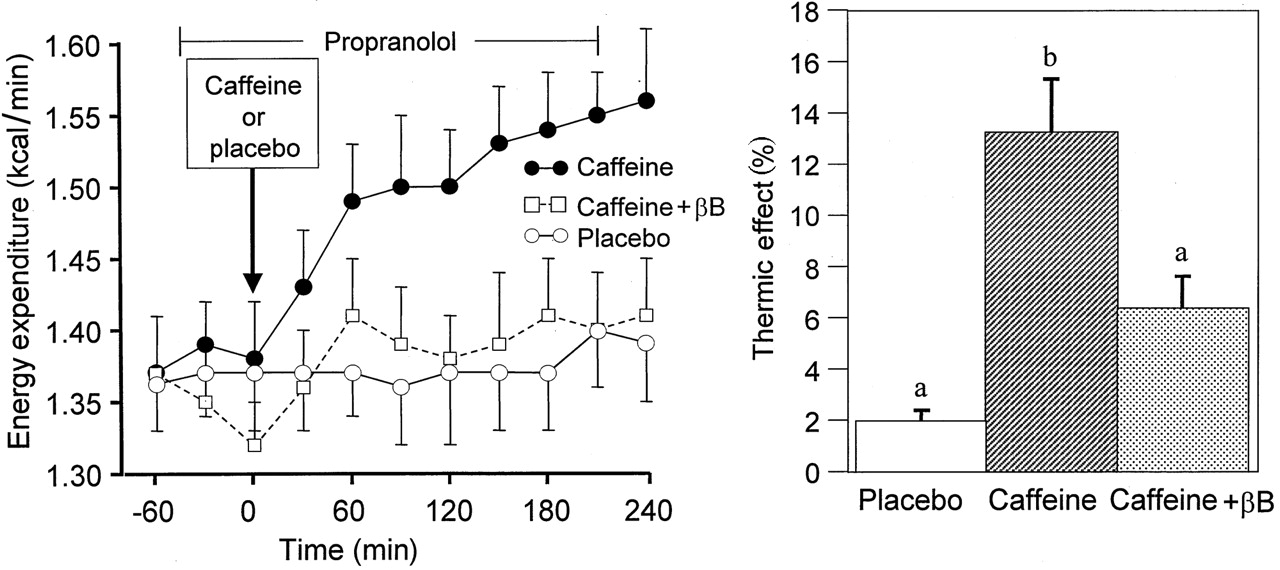
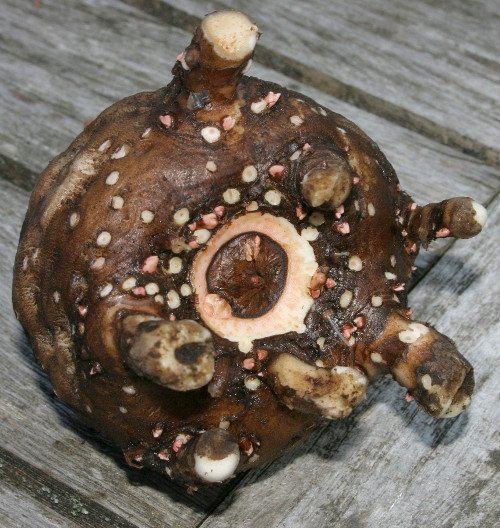
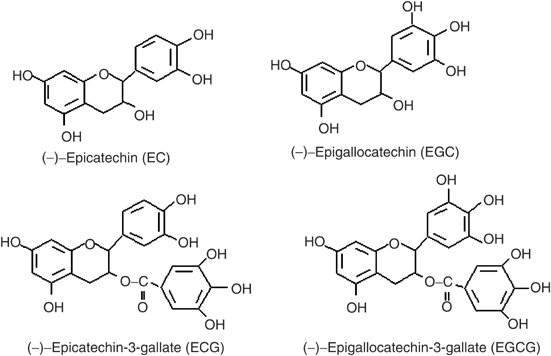
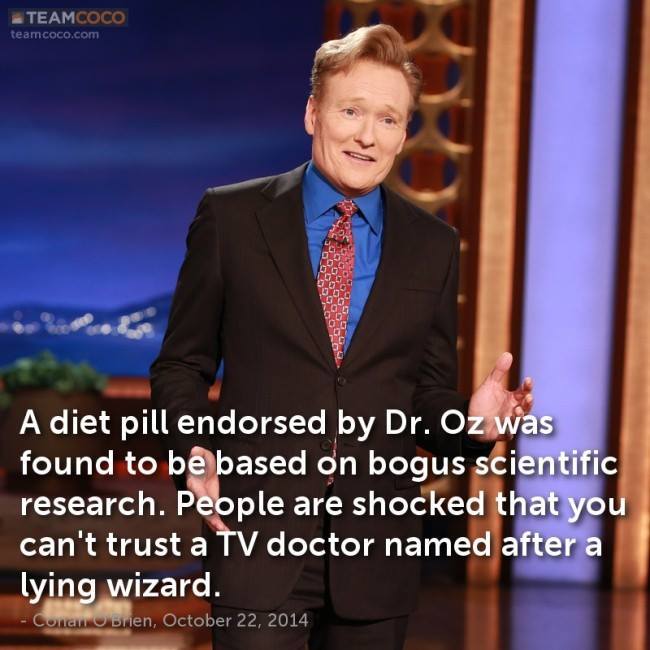
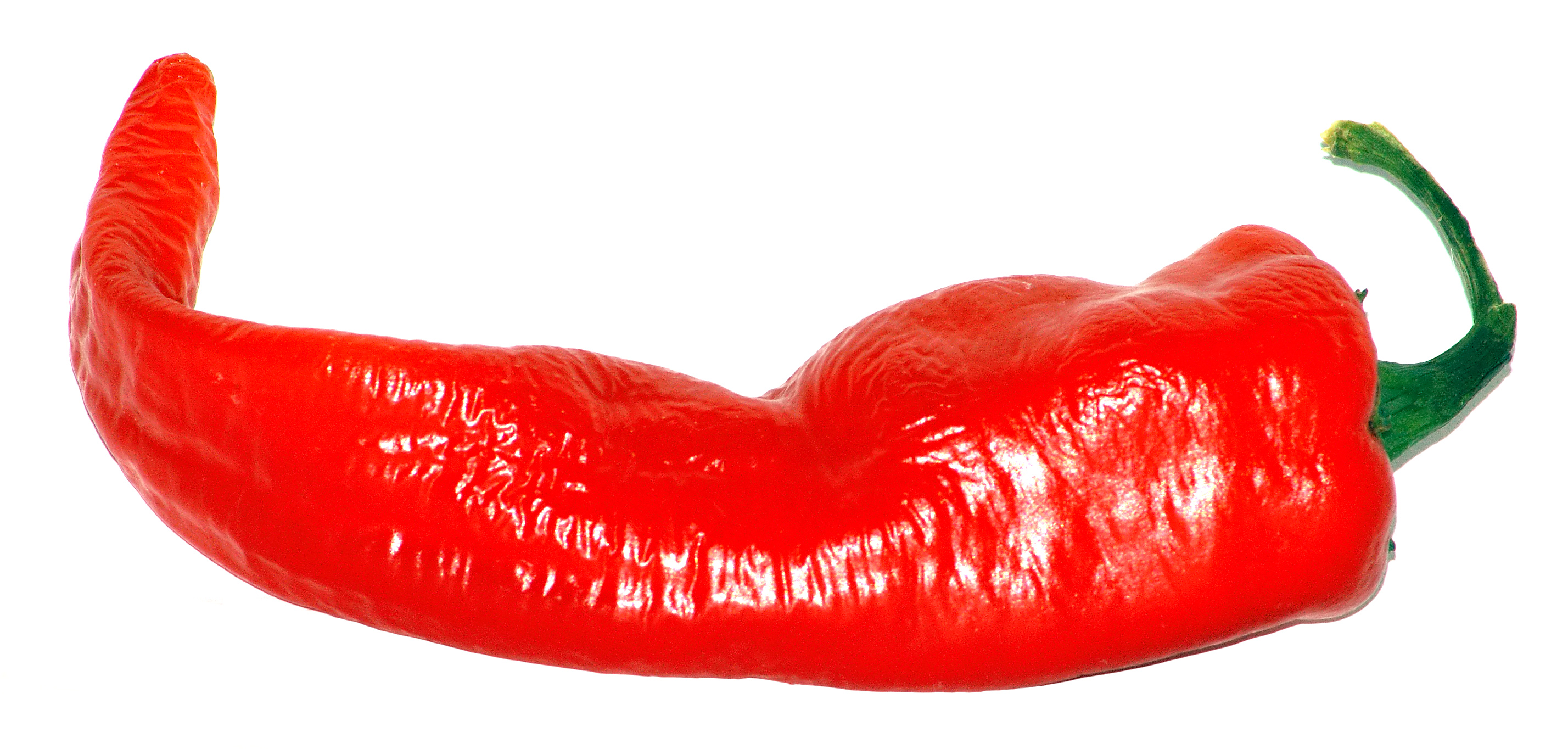
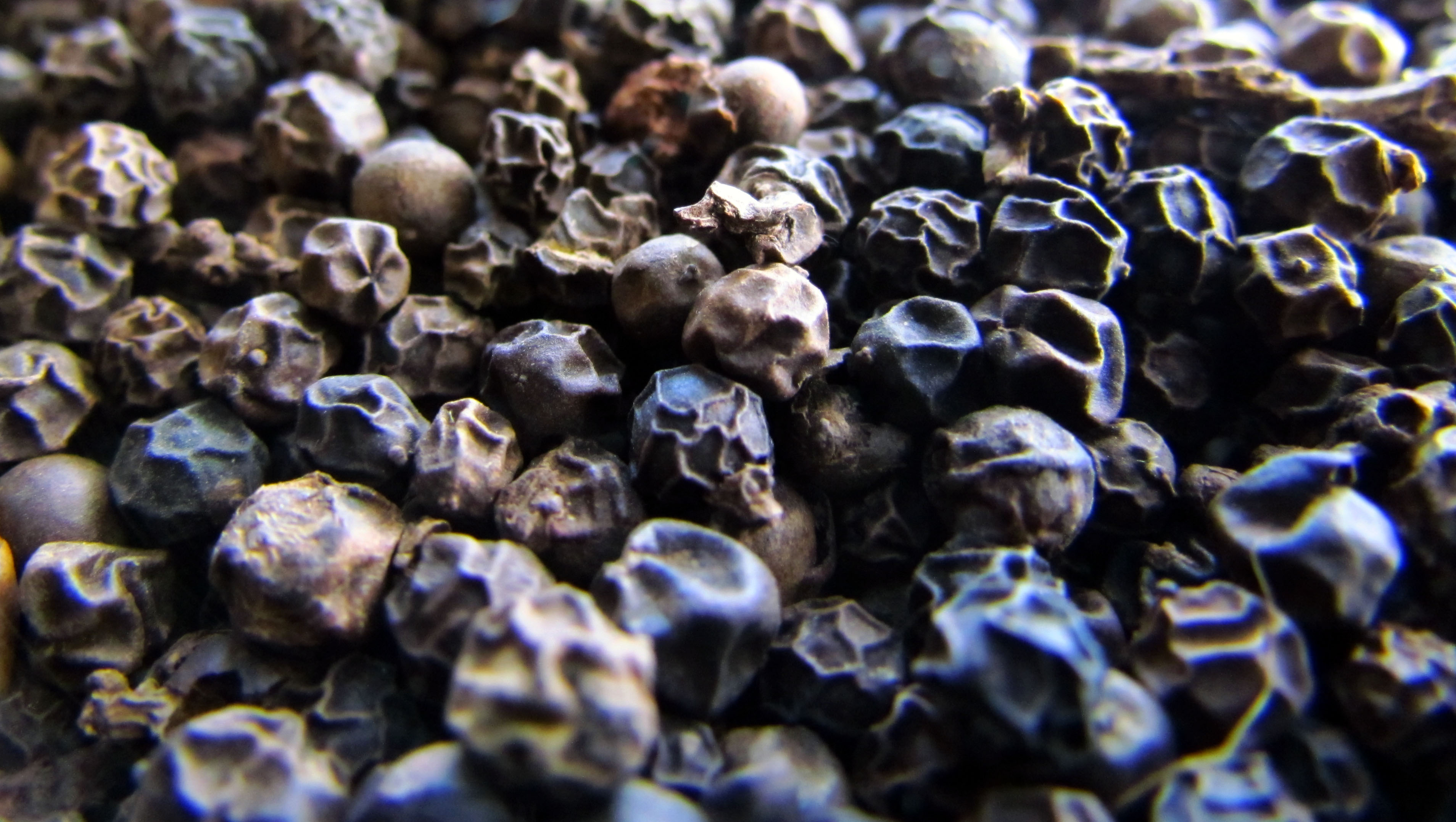
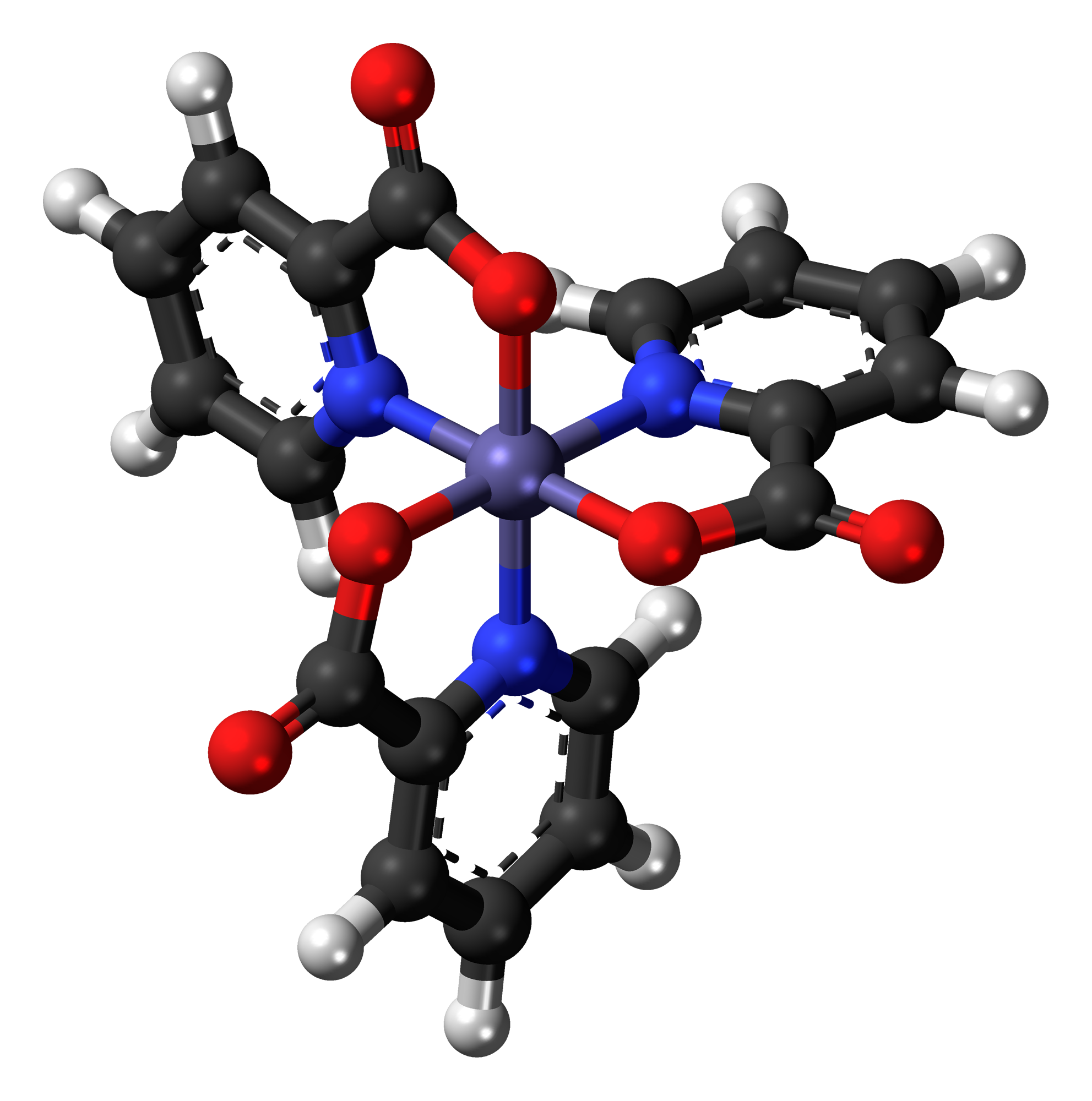


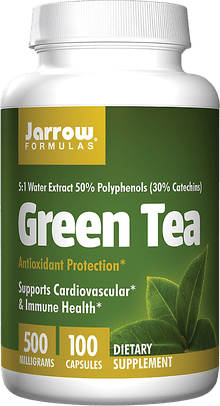
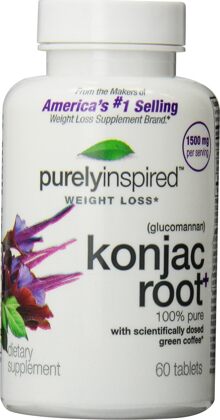
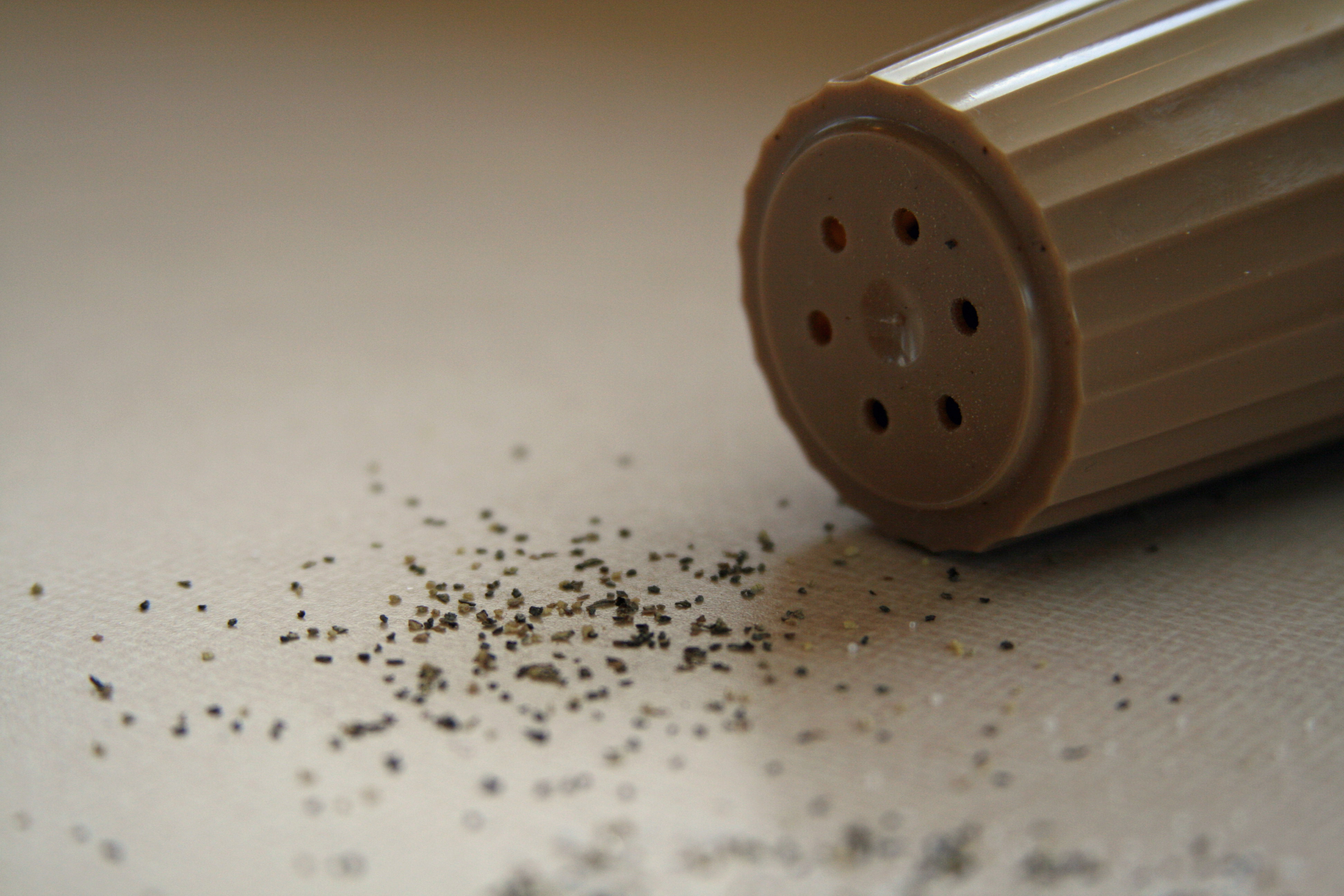


Comments and Discussion (Powered by the PricePlow Forum)